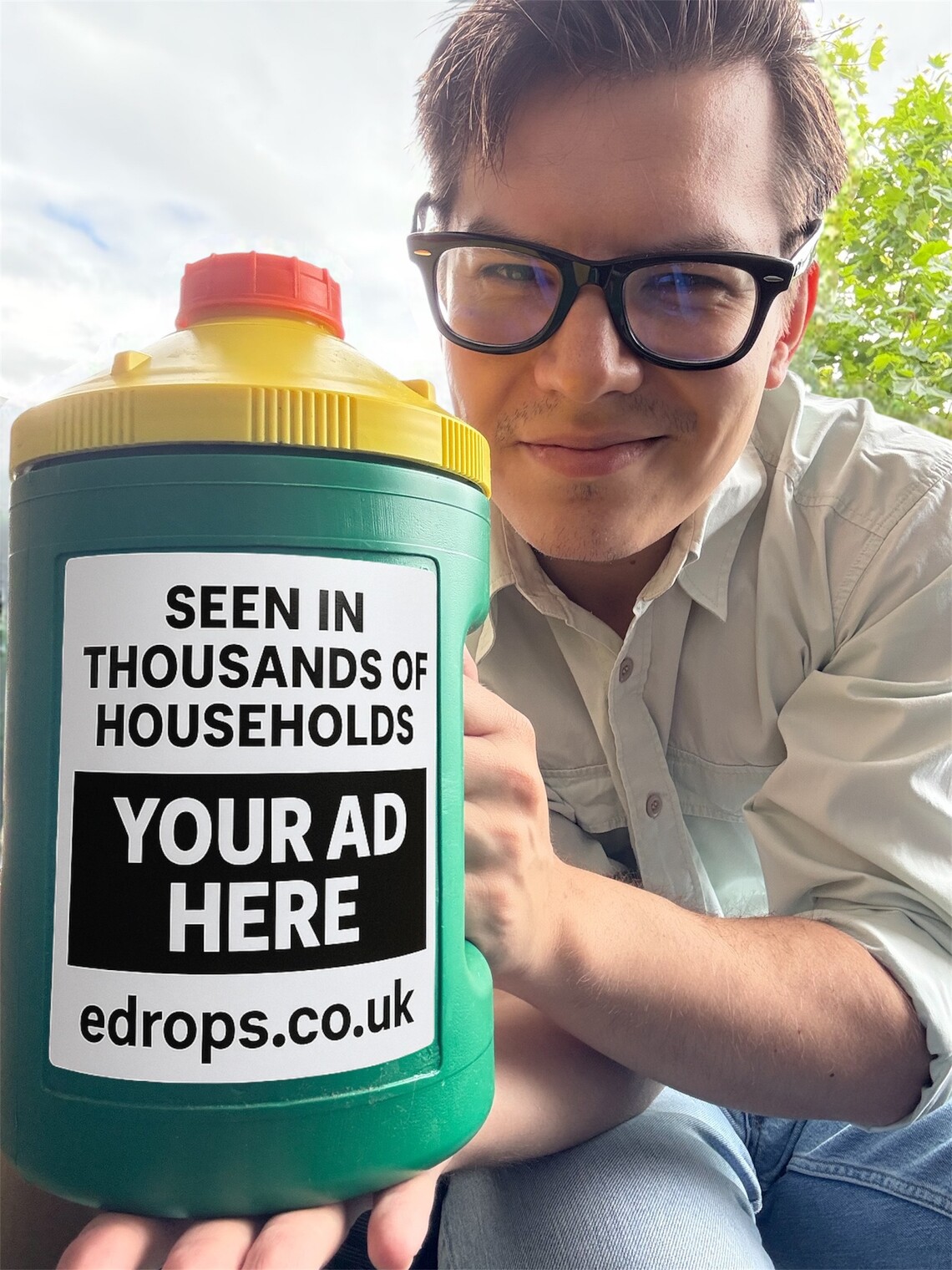The Interview: Edrops
August, 2025
In this interview, we’re joined by Sandor Tóth, Director of Edrops UK Ltd, a Henley-on-Thames based environmental company dedicated to the collection, treatment, and recycling of non-hazardous waste—particularly used cooking oil—transforming it into biodiesel through their innovative e-drops program.
Read the full interview here.

